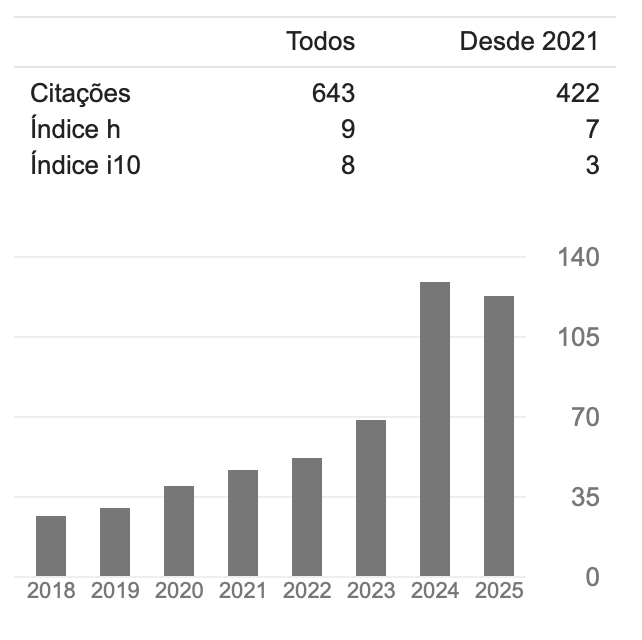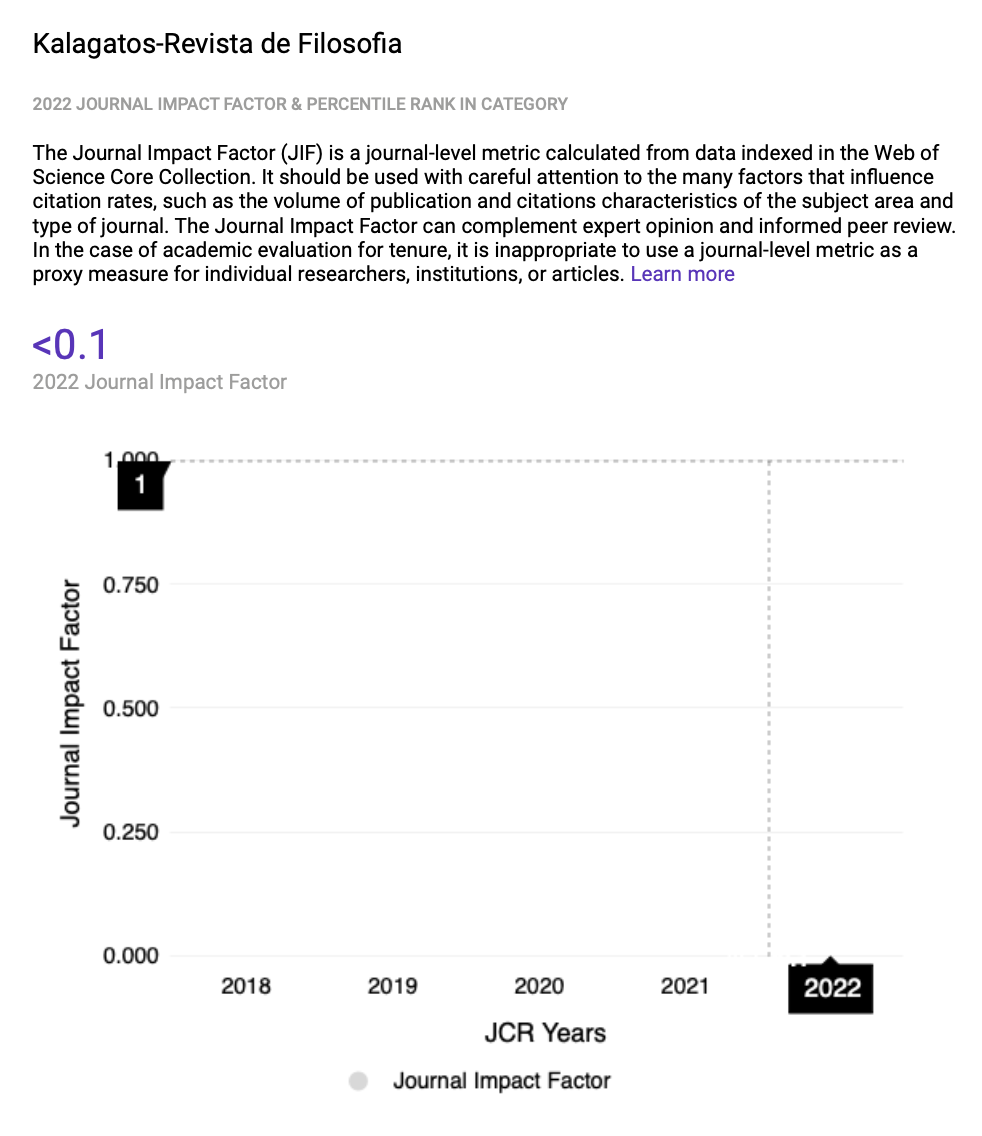Marxist philosophy and its influence on today's world
DOI:
https://doi.org/10.52521/kg.v22i1.14712Palavras-chave:
Capitalist Contradictions, Dialectical Analysis, Economic BaseResumo
In the context of the world facing a series of solid problems such as economic inequality, labor exploitation, environmental crisis, as well as the concentration of wealth and power, Karl Marx's thought is once again recognized as an important tool to solve any problem and propose solutions for transformation. The content of Marxism lies in the historical materialist perspective, the economic foundation determines the process of forming political, cultural and ideological institutions, and emphasizes the role of conflict in the content level and consistency in the main meaning for the history of the process. Through the historical materialist methodology and demonstrative analysis, this study focuses on evaluating the arguments put forward by Marx in his critique of capitalism and considering their appropriateness when applied to the current socio-economic context. The results show that the core principles of Marxism still hold value as a compass, helping to identify any work in society and orienting practice activities towards justice and equality.Downloads
Referências
Adorno, T., & Horkheimer, M. (2000). Enlightenment and antisemitism. Journal of Jewish Studies, 51(2). https://doi.org/10.18647/2278/JJS-2000
Elster, J. (1985). Making Sense of Marx. Cambridge University Press.
Engels, F. (1884). The Origin of the Family, Private Property, and the State.
Fraser, N. (2024). Capitalism, Ecology, and Social Justice. Academic Press.
Foster, J. B. (2024). The Dialectics of Ecology: Socialism and Nature. NYU Press.
Habermas, J. (1981). The Theory of Communicative Action.
Harvey, D. (2005). A Brief History of Neoliberalism. Oxford University Press.
Harvey, D. (2020). The Condition of Postmodernity. Blackwell.
Marx, K. (1844). Economic and Philosophic Manuscripts of 1844. In K. Marx & F. Engels, Collected Works (Vol. 3, pp. 229–346).
Marx, K. (1845). Theses on Feuerbach. In K. Marx & F. Engels, Collected Works (Vol. 5, pp. 1–3).
Marx, K. (1859). A Contribution to the Critique of Political Economy. In K. Marx & F. Engels, Collected Works (Vol. 29, pp. 19–43).
Marx, K. (1867). Capital: Critique of Political Economy (Vol. 1).
Marx, K., & Engels, F. (1845). The German Ideology. In K. Marx & F. Engels, Collected Works (Vol. 5, pp. 1–211).
Marx, K., & Engels, F. (1848). The Communist Manifesto. In K. Marx & F. Engels, Collected Works (Vol. 6, pp. 482–519).
Downloads
Publicado
Como Citar
Edição
Seção
Licença
Copyright (c) 2025 Xuan Dung Bui

Este trabalho está licenciado sob uma licença Creative Commons Attribution 4.0 International License.



















